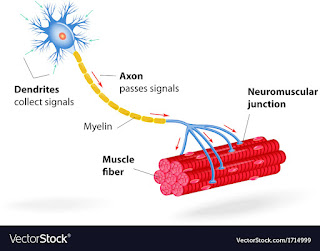Yoga helps patients with recurrent vasovagal syncope
A recent study showed that yoga can help
people with recurrent vasovagal syncope.
How common is vasovagal syncope?
Vasovagal
syncope is the most common syncope in adults. It comprises more than 85 % of
syncopal events in people age 40 or less. In geriatric patients vasovagal
syncope is responsible for at least fifty percent of syncopal episodes.
What is a vasovagal syncope?
A vasovagal syncope happens when there is a transient
loss of consciousness due to a temporary reduced perfusion of the brain as a
result of a sudden decrease in blood pressure and heart rate. In this kind of
syncope there is a sudden autonomic response to pain or emotional distress, but
in some cases the trigger is not clear. However, it is important to know that
the healthcare professional needs to rule out other causes of the syncope
before establishing the diagnosis of vasovagal syncope. Being thorough in the
approach of a patient with syncope is crucial to make the right diagnosis.
Several
medical conditions can mimic this kind of syncope. Medical issues that need to
be investigated in the differential diagnosis include an acute blood loss,
cardiac arrhythmia, seizure, orthostatic hypotension, subarachnoid hemorrhage,
ruptured ectopic pregnancy, trauma, medications, cardiovascular conditions and
other pathologies.
Once other possible causes have been ruled
out and recurrent vasovagal syncope is diagnosed, patients are advised to
follow certain precautions to decrease the risk of physical trauma, and to help
prevent another episode. Adequate hydration, for example, is essential to aid
with prevention.
Five daily yoga sessions per week were done
and documented in their daily diaries by the patients in the intervention group.
All the patients were followed up clinically for a year. Patients adhered to
the regimen of sessions per week for more than 80% of the year.
The
study found that there was a statistically significant improvement in the
quality of life of patients in the group that had yoga plus standard care (p
less than 0.01). There were also less recurrent syncopal episodes in this group
(p less than 0.02). No adverse events due to yoga were reported.
The study found that yoga is a safe
cost-effective strategy to improve the quality of life and to reduce the
recurrence of syncopal episodes in patients with an established diagnosis of
vasovagal syncope.
References:
https://www.ncbi.nlm.nih.gov/books/NBK470277/




Comments
Post a Comment
Thank you for commenting.